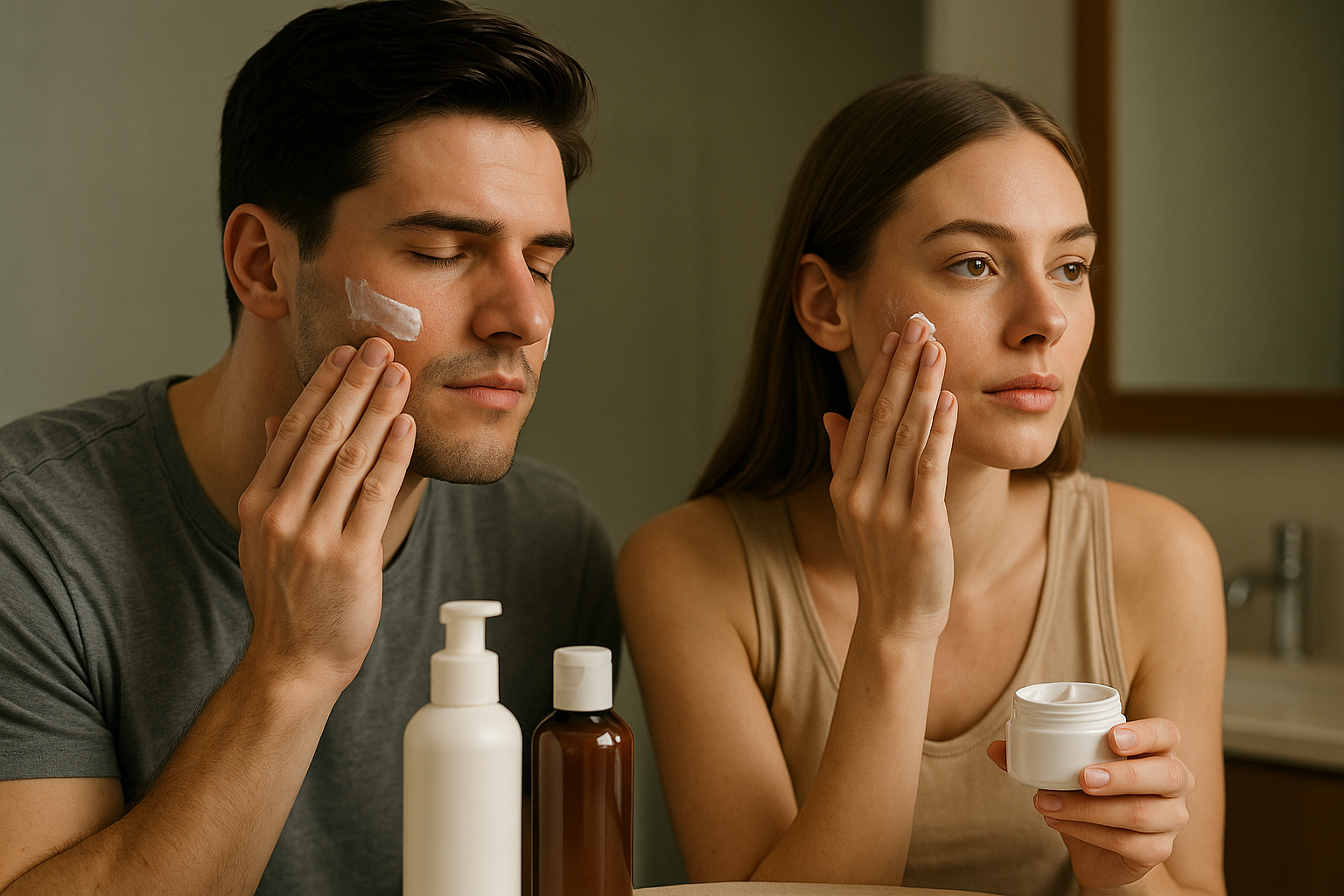Self Care Essentials for Beauty, Grooming, and Wellness
Self care is a practical set of habits and choices that support physical comfort, mental balance, and a more sustainable daily routine. It covers small daily acts—like a skincare ritual or a brief stretch break—and larger decisions, such as scheduling regular grooming appointments or prioritizing sleep. Approaching self care with intention helps connect beauty and grooming habits to broader wellness goals rather than treating them as separate chores.

How does beauty fit into self care?
Beauty routines can be more than appearance-focused tasks; they often act as structured moments of self-attention. A short morning skincare ritual, for example, can serve as a reliable anchor that signals the start of the day. Choosing gentle, fragrance-light formulations and applying sunscreen regularly are practical steps that reduce skin irritation and support long-term skin health. Consider trimming down complex regimens into a few consistent, evidence-based steps to make beauty care sustainable.
Establishing boundaries around products and expectations helps, too. Fewer products used consistently tend to produce clearer feedback about what works for your skin. Integrating mindful breathing or a moment of gratitude while performing routine beauty tasks can subtly reinforce mental well-being without requiring extra time in the day.
What role does bikini care play in self care?
Bikini-area care is a personal choice and can be part of an overall grooming and comfort strategy. This includes deciding on hair removal methods, selecting appropriate clothing and fabrics to reduce friction, and using mild, non-irritating cleansers. For anyone considering treatments or product changes, patch testing and paying attention to product labels (for allergens or strong fragrances) helps reduce the chance of irritation.
Aftercare following any hair removal or grooming in the bikini area is important: gentle cleansing, avoiding tight clothing for a short time, and using fragrance-free moisturizers can support skin recovery. If persistent redness, bumps, or irritation develop, consulting a qualified healthcare professional or a dermatologist is recommended.
Is waxing part of grooming and self care?
Waxing is a common grooming option that some people include in their self care practices for longer-lasting hair removal. Professional waxing services follow standardized hygiene and technique protocols, which can reduce the risk of complications compared with improvised at-home methods. At-home waxing kits are available for those who prefer DIY, but using products exactly as directed and ensuring skin is properly prepared can reduce problems.
Pros and cons should be weighed: waxing can deliver smoother results for weeks but may cause temporary discomfort, redness, or ingrown hairs for some. Follow-up care—like exfoliation after a few days and moisturizing—can help minimize ingrown hairs. If you have specific skin conditions, active infections, or take certain medications, consult a healthcare professional before waxing.
How to manage grooming routines for daily wellness?
Effective grooming routines are practical, time-aware, and tailored to individual lifestyle needs. Create a short weekly checklist for tasks like hair trims, nail care, and eyebrow maintenance so they don’t accumulate into stressful chores. Using high-quality tools, replacing items regularly (like razors and sponge heads), and choosing water-efficient methods can make grooming both safer and more sustainable.
If you prefer professional help, look at local services and read current client reviews to find providers whose hygiene standards and communication fit your expectations. Balance frequency—daily upkeep for some items, monthly appointments for others—to protect time and mental energy. Integrating brief grooming tasks into existing routines (for example, a five-minute scalp massage while shampooing) can also promote relaxation.
How does wellness support long-term self care?
Wellness underpins any effective self care plan: consistent sleep, nutritious meals, regular movement, and stress management all affect appearance, skin health, and energy levels. Small, measurable changes—like adding one extra hour of sleep or a short daily walk—tend to be more sustainable than drastic shifts. Mental-health practices, such as journaling, therapy, or meditation, reinforce the emotional resilience that makes grooming and beauty routines feel less like obligations and more like restorative acts.
This article is for informational purposes only and should not be considered medical advice. Please consult a qualified healthcare professional for personalized guidance and treatment.
In summary, self care links practical grooming and beauty actions with broader wellness habits. Framing these activities as intentional, manageable practices—rather than perfectionist tasks—helps sustain benefits over time. Regular evaluation of products, techniques, and time commitments keeps routines aligned with changing needs and supports both comfort and well-being.





